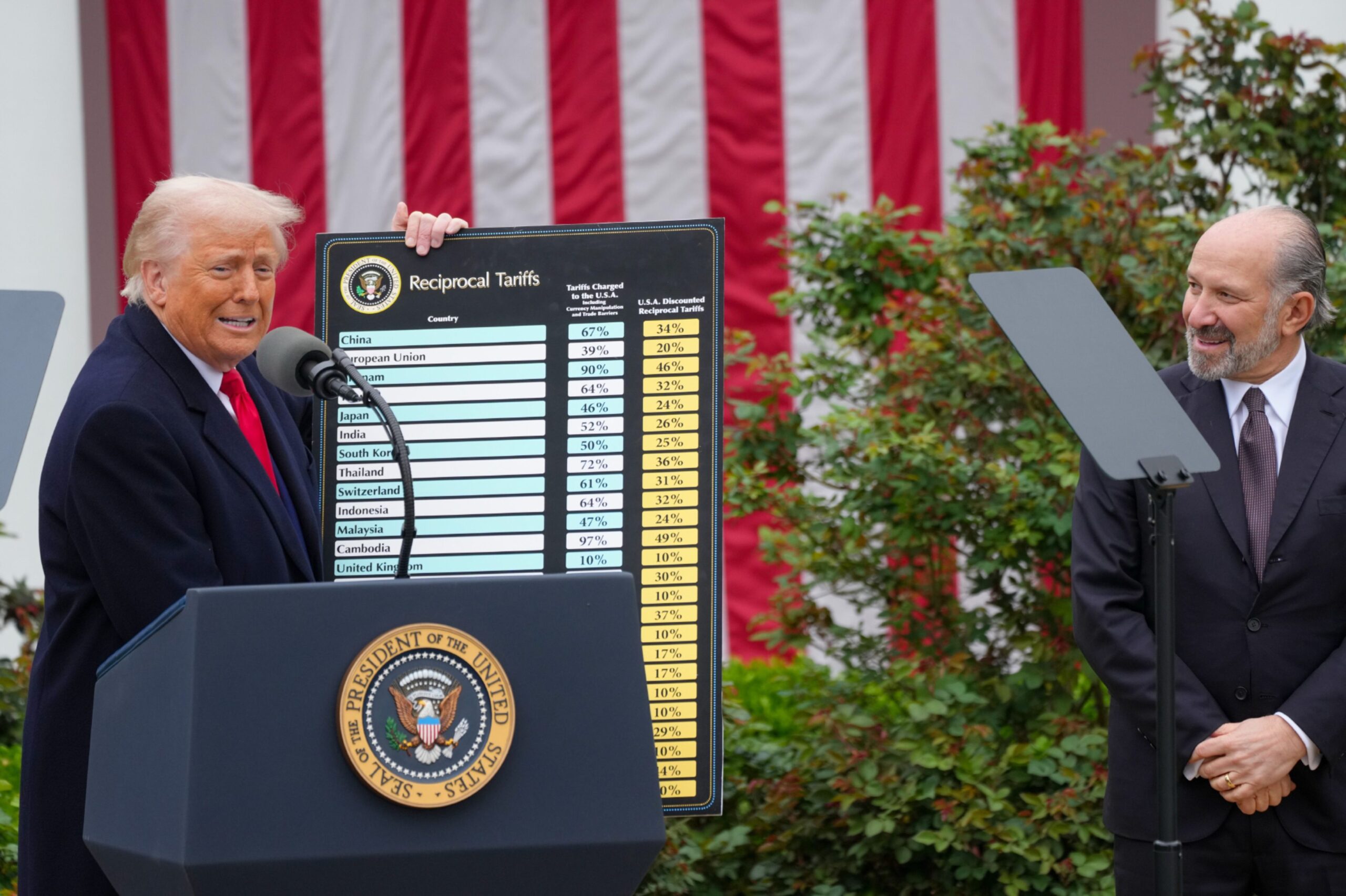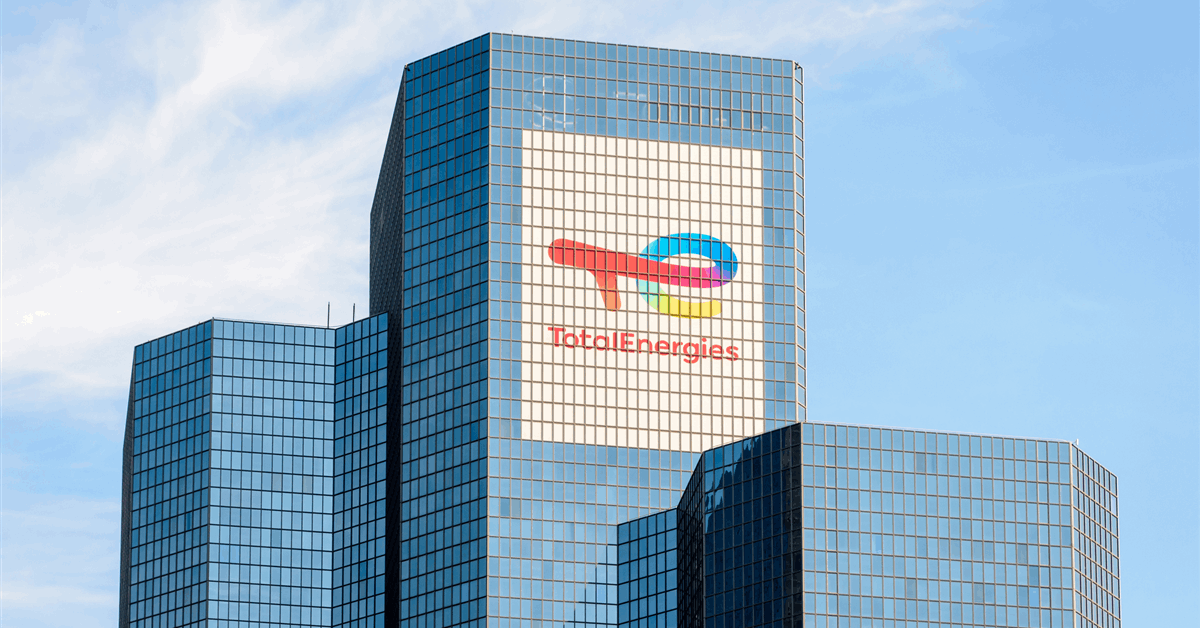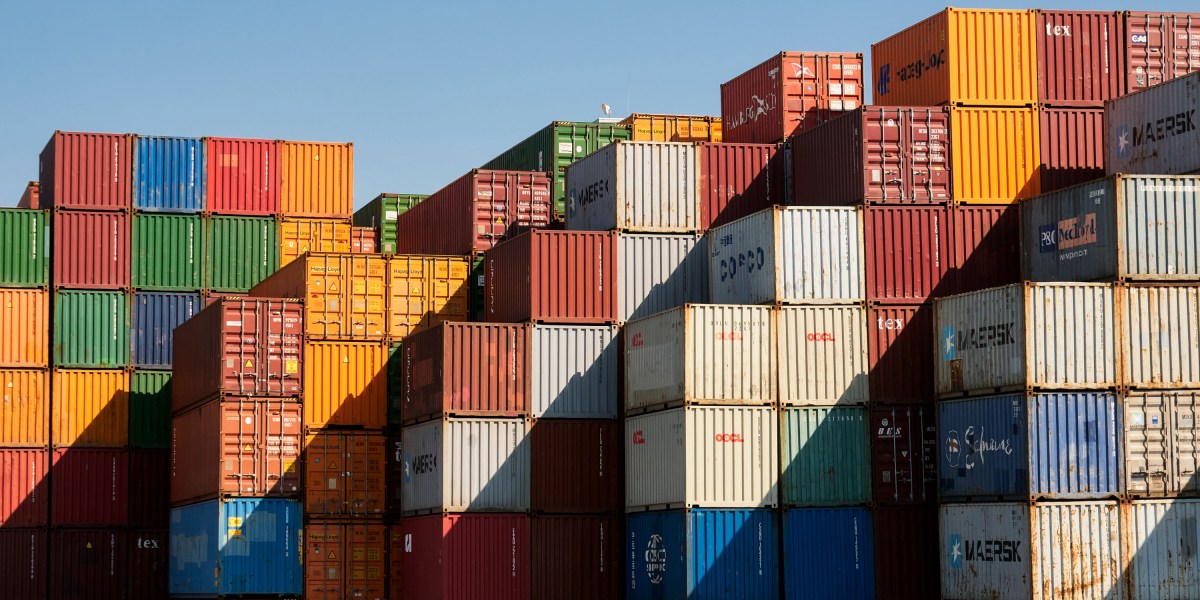
UK energy companies are expected to avoid doing business in the United States as a result of Trump slapping a 10% tariff on British exports.
The President of the United States, Donald Trump, has unveiled a series of new tariffs that are due to come into effect on 9 April, in addition to plans to increase existing tariffs on steel and aluminium.
“Overreaching tariff regimes have always been detrimental to business, and given its global reach and interconnectedness, the energy supply chain will not be spared from that,” said Rebecca Groundwater, the Energy Industries Council’s (EIC) head of external affairs.
She said that if companies are currently operational in the US, they may be able to absorb the latest regulatory and policy changes from the White House.
“But for those considering the US as a potential market, these increased costs of doing business and operations will give them pause,” Groundwater said.
“We anticipate these organisations will instead turn to other markets where the ease of doing business, regulatory framework, and policy environment are more stable.”
Unstable regions “do not entice business”, she warned, as the US moved to impose a 10% levy on all imported manufactured goods from the UK.
The organisation declined to comment on the impact of Brexit on the UK’s position, as the US tariff on Europe will be nearly double at 20%.
Industry trade body Make UK called on the UK government to set up a tariffs taskforce to create a dialogue with industry.
Make UK’s chief executive officer Stephen Phipson called the export tariff changes “devastating”.
He said: “The US president’s announcement of 10% tariffs on UK goods exported to the United States and 25% tariffs on British made autos, steel and aluminium is devastating for UK manufacturing.
“Not only will volumes of direct exports to the US decline but it will destroy decades of integrated supply chains connecting the UK with US through other trading partners such as the EU, Canada and Mexico who are also impacted by US tariffs.”
Under the latest changes, the US will enforce a ‘reciprocal tariff’ that excludes steel and aluminium goods, copper and semiconductors, and energy and minerals that are unavailable in the US.
Tariffs on aluminium imports to the States will increase from 10% to 25%.
European renewable energy companies have already faced difficulties accessing the US market, as Orsted was hit by huge impairments in its attempt to expand into the country’s offshore wind sector.



















